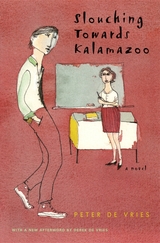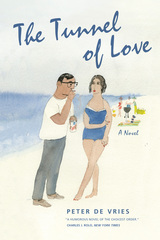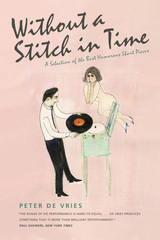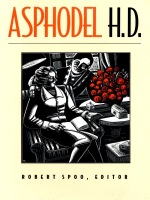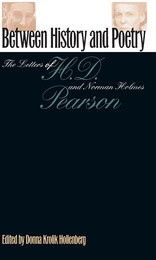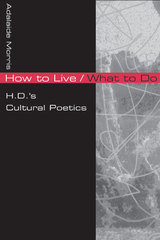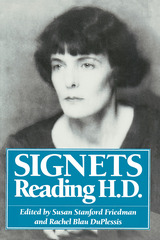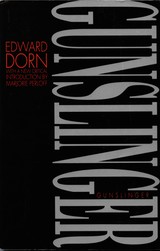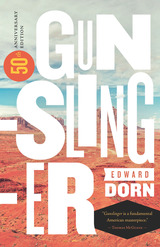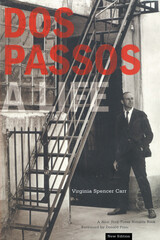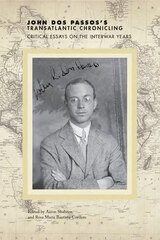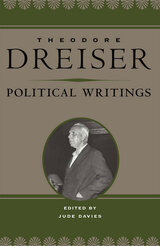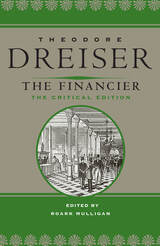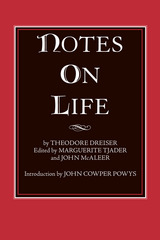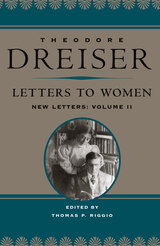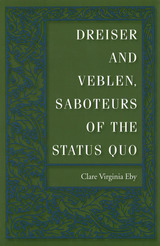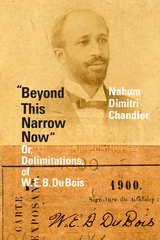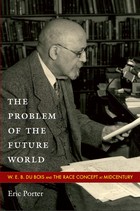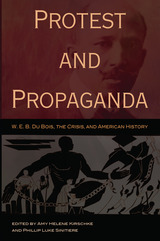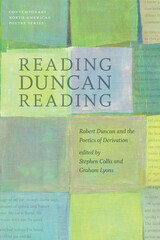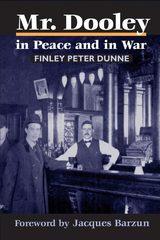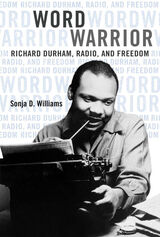Cloth: 978-1-62190-713-8 | eISBN: 978-1-62190-714-5
Library of Congress Classification PS3507.O743Z65 2022
Dewey Decimal Classification 813.52
“I never could keep the world properly divided into gods and demons for very long,” wrote John Dos Passos, whose predilection toward nuance and tolerance brought him to see himself as a “chronicler”: a writer who might portray political situations and characters but would not deliberately lead the reader to a predetermined conclusion. Privileging the tangible over the ideological, Dos Passos’s writing between the two World Wars reveals the enormous human costs of modern warfare and ensuing political upheavals.
This wide-ranging and engaging collection of essays explores the work of Dos Passos during a time that challenged writers to find new ways to understand and render the unfolding of history. Taking their foci from a variety of disciplines, including fashion, theater, and travel writing, the contributors extend the scholarship on Dos Passos beyond his best-known U.S.A. trilogy. Including scholars from both sides of the Atlantic, the volume takes on such topics as how writers should position their labor in relation to that of blue-collar workers and how Dos Passos’s views of Europe changed from fascination to disillusionment. Examinations of the Modernist’s Adventures of a Young Man, Manhattan Transfer, and “The Republic of Honest Men” increase our understanding of the work of a complicated figure in American literature, set against a backdrop of rapidly evolving technology, growing religious skepticism, and political turmoil in the wake of World War I.
See other books on: 1896-1970 | Critical Essays | Dos Passos, John | Political and social views | Shaheen, Aaron
See other titles from University of Tennessee Press

